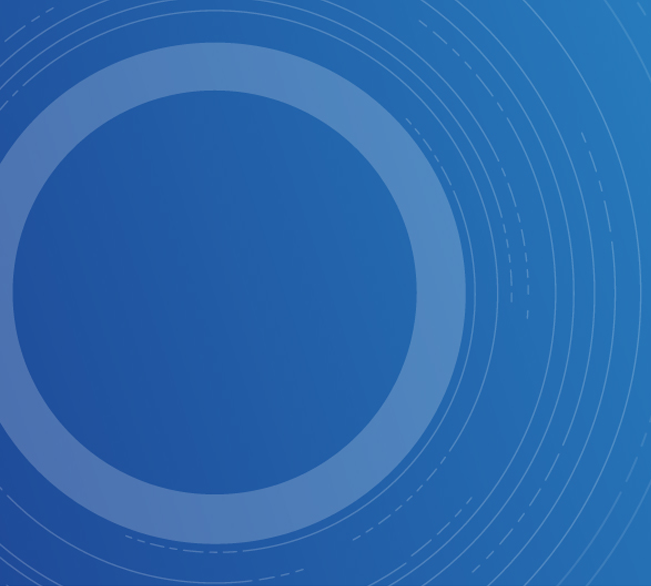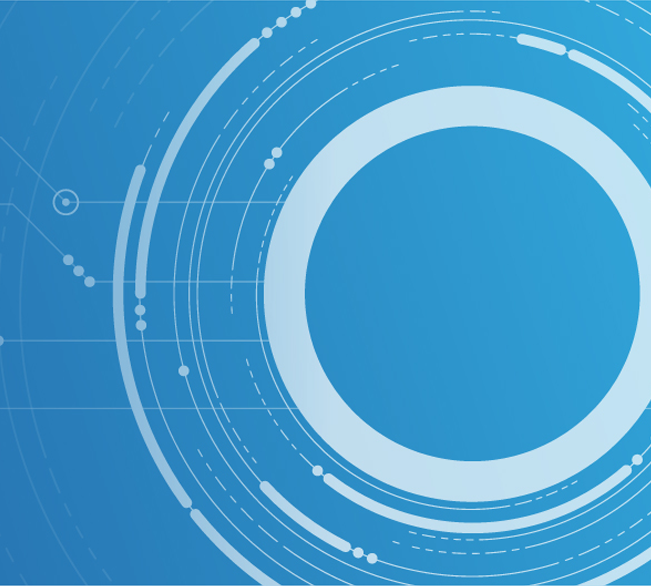Overview
Our methodologies are developed in partnership with the markets we cover.
Argus price assessments are the published value of a commodity, free from distortion and representative of spot market values. But the price is just the tip of the iceberg.
The unique price assessments that our clients benefit from are founded upon proven methods. Our methodologies for price discovery are transparent and firmly based on rigorous market-appropriate processes. This level of precision and objectivity enables you to make informed decisions at the right time.
Key features
Independent
Our robust methodologies ensure integrity in our market reporting and eliminate bias.
Transparent
We have public processes for launching, amending and discontinuing price assessments and for changing our methodologies.
Accountable
We have internal and external audit processes and publish annual reports on our work.
Collaborative
We work with the industry when reviewing our methodologies to meet market needs.
Responsive
We review methodologies so we can adapt to market changes quickly and responsibly.
Comprehensive
Our methodologies cover all of our price reporting and assessment processes.
How does Argus approach pricing commodities?
We use a market-appropriate methodology to assess prices in each market we cover.
Each methodology is reviewed regularly to ensure that it meets the needs of market participants and is in line with industry practice. We seek to report on markets as they are traded, rather than impose any one view on the markets — including our own.
Every methodology has two things;
Specification: every commodity market can be defined by its composition, location, timing and mode of trade, the “what, where, when and how” questions common to good reporting. Argus price assessments are similarly defined so readers know the product for which a price is assessed.
Aggregation: markets are dynamic, but published prices are fixed, so Argus explains how the information gathered by its reporters and analysts comes together to form the final, published price, whether a volume-weighted average, the range of prices over the trading day or the price at a moment in time.
Browse our full methodology listings
We are committed to providing full transparency into the methods we employ so detailed specification guides are available for every price reporting product we offer.
Browse nowWhat is involved in price discovery?
Argus price assessments are informed by information from a wide cross section of market participants, including producers, consumers and intermediaries. Our reporters engage with the industry by proactively polling participants for market data. We will contact and accept market data from all credible market sources including the front and back officeof market participants and brokers. Our reporters and analysts carefully consider all information received during their reporting.
Argus will also receive market data from electronic trading platforms, the Argus Open Markets® platform (AOM®) and directly from the back offices of market participants. Argus will accept market data by telephone, instant messenger, email, AOM or other means.
Argus reporting mirrors the process used by physical commodity traders to internally assess value prior to entering the market with a bid or offer. Applying these valuation metrics and sound judgment greatly increases the accuracy and consistency of the published prices.
Compliance and regulation
We operate a rigorous and transparent control framework to govern our price reporting activities. This is underpinned by our global compliance policy, which can be downloaded here, and includes an ethics policy.
As part of that framework, we continually review each methodology to ensure that it always meets the needs of market participants and is in line with industry practice. We seek to accurately and objectively reflect how markets are traded, rather than impose a different view.
Our experts have designed policies and processes to comply with the principles for price reporting agencies (PRAs) set out by the International Organization of Securities Commissions (the Iosco PRA Principles) in October 2012.
Argus became the first PRA to complete an independent review of oil benchmarks in October 2013 and was the first to extend the Iosco PRA Principles to non-oil energy benchmarks in January 2014.
The Iosco PRA Principles were endorsed by the G20 in November 2012. They cover governance, control, quality, integrity and conflict management in relation to commodity benchmark price assessments published by PRAs and require an annual external audit.


